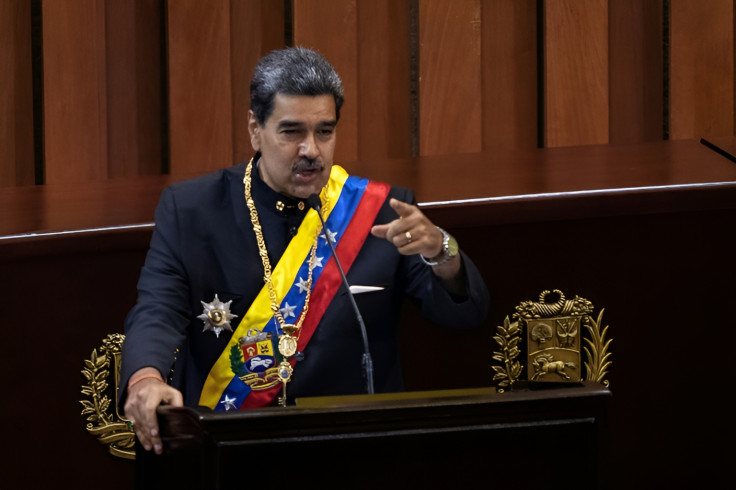
Venezuelan President Nicolás Maduro has intensified his efforts to rebrand his image ahead of his bid for a third term, focusing on engaging the country's youth through an array of multimedia content.
Bloomberg published a deep dive on the effort, recalling how during a televised meeting Maduro urged his senior officials to amplify his presence on social media platforms like Twitter and TikTok, highlighting the importance of reaching younger audiences who are less engaged with traditional media.
Maduro's strategy includes a variety of content formats, such as a three-hour variety show, a singing competition, an animated series, a podcast, carpool karaoke-style interviews, viral TikToks, and a WhatsApp channel.
This rebranding effort comes at a crucial time, as Maduro seeks to navigate the political landscape following his rejection of a US-brokered agreement to hold freer and fairer elections on July 28. His administration has banned opposition candidate María Corina Machado and her substitute from running, and issued arrest warrants for several of her aides. Despite opposition candidate Edmundo González leading by 20 percentage points in the polls, Maduro is confident in his ability to win the election.
Maduro's broader goal is to shift public perception away from his government's record of repression and economic mismanagement. By promoting a softer image, he hopes to counterbalance the international and domestic criticism of his administration's human rights abuses and economic failures. The United Nations has accused his government of "crimes against humanity," and nearly 8 out of 10 Venezuelans live in poverty, struggling to afford basic necessities.
With European Union election monitors barred from the country and other credible groups yet to confirm their participation, the legitimacy of the upcoming election remains in question. The US's endorsement of the results could hinge on the presence of these observers, impacting potential relief from sanctions on Venezuela's oil sector, the primary source of government revenue.
Critics argue that Maduro's social media campaign is a superficial attempt to mask the realities of his regime's impact on the country. The strategy, they say, is designed to distract from the severe economic and social challenges that have led millions to flee Venezuela.
Despite these efforts, the everyday struggles of Venezuelans are in broad daylight. Public spending has increased, and the government has funded new recreational spaces for youth, but these measures fall short of addressing the broader economic hardships faced by the population.
As the official campaign period approaches, the opposition faces significant hurdles in reaching voters. Restrictions on media appearances and government interference in opposition events hinder their ability to effectively campaign. Meanwhile, Maduro's administration continues to leverage state resources and media control to maintain a semblance of public support.
© 2024 Latin Times. All rights reserved. Do not reproduce without permission.







